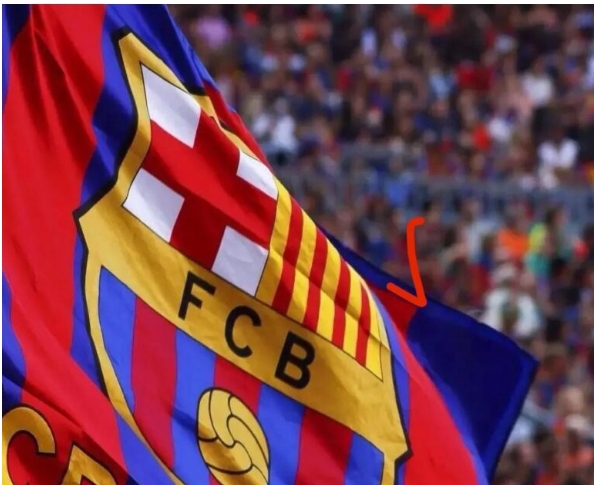Whenever Inter Miami, led by Messi, is awarded a penalty, it immediately becomes a major talking point. Even if it happens only two or three times a year, fans, pundits, and analysts scrutinize the decision endlessly. Every aspect is dissected, from the fairness of the call to its potential impact on the team’s performance. Such rare moments tend to dominate discussions because they are seen as turning points in the season, magnifying the pressure and attention surrounding the team.
However, in today’s final, Messi and his teammates were deprived of a penalty that was clear and undeniable. Around the 80th minute, a handball occurred inside Inter Miami’s attacking box, a situation that should have resulted in a penalty. Both the referee and the Video Assistant Referee failed to take any action, leaving players and fans frustrated and shocked. The decision—or lack thereof—had the potential to dramatically alter the momentum of the match, and its omission highlighted the fine margins that can influence outcomes in critical games.
The situation became even more controversial moments later. Barely a minute after the uncalled handball, the referee awarded a penalty to Seattle Sounders. The timing and contrast of these decisions created a perception of inconsistency and bias in officiating. Such actions not only affect the tactical flow of the game but also influence the psychological state of players on the pitch. Moments like these can determine whether a team maintains confidence and momentum or becomes demoralized and frustrated.
This incident serves as a stark reminder of the importance of accurate refereeing in high-stakes matches. A single decision, or failure to make one, can shape the narrative of an entire final. For Messi and Inter Miami, being denied a clear penalty was not merely a missed opportunity to score; it was a critical moment that could have rewritten the story of the match. These instances also fuel broader discussions about the consistency of officiating and the role of technology in ensuring fairness at the highest levels of football.
In the end, football is often decided by such pivotal moments. While players and fans can control their responses on the field and in the stands, they remain at the mercy of officiating decisions that carry immense weight. For a team like Inter Miami, every decision matters, and missing a clear call in a championship setting is both a tactical and emotional setback. The final outcome may hinge on moments like this, underlining the thin line between triumph and disappointment in the sport.


